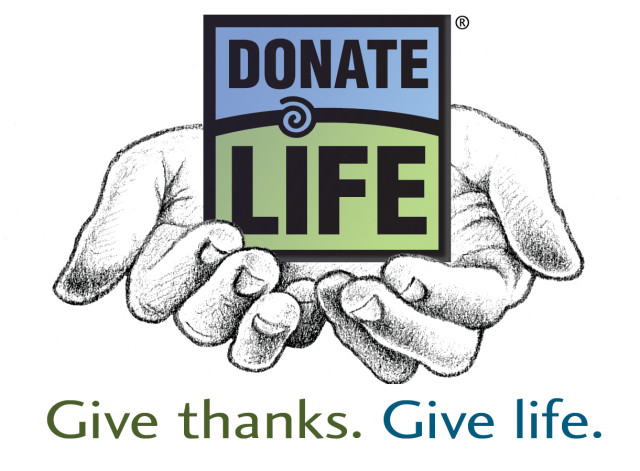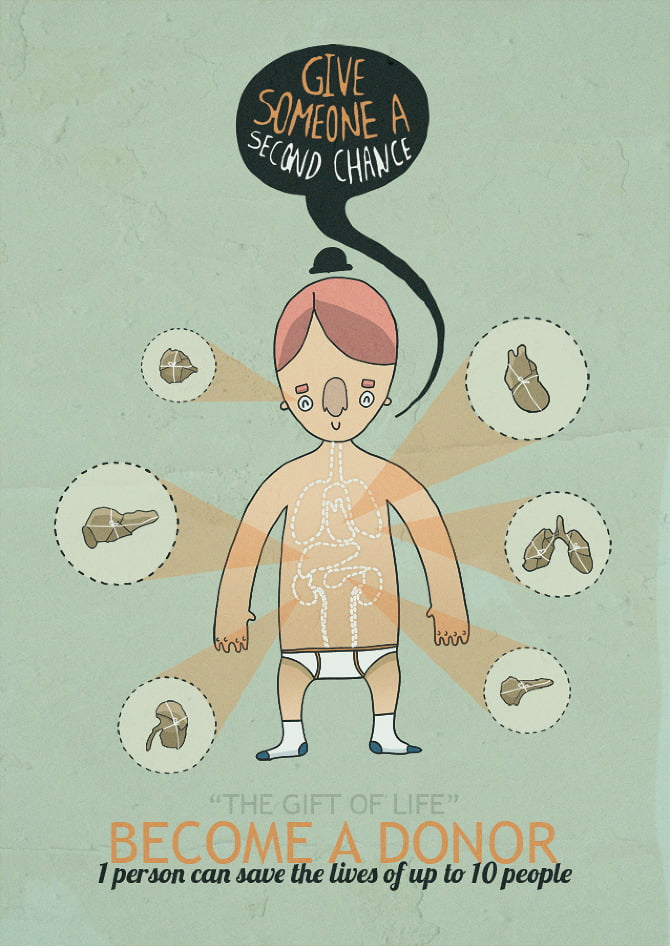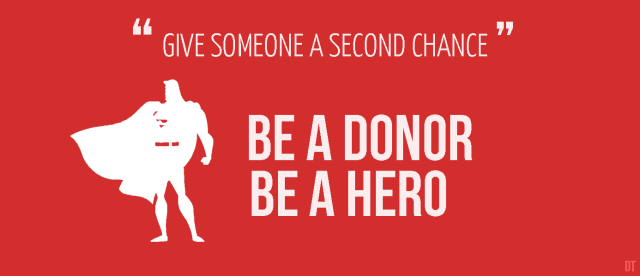There is no greater joy than giving life to the dainty and no greater happiness than saving someone from the claws of death. Yes. I am talking about organ donation. I, as an individual, feel strongly about this cause and I believe it is the noblest deed a human being can perform. #ultimatebliss #happinessunlimited
Often, bits and pieces of information about organ donation may have fallen upon your ears and you may also have formed some preconceived notion about it. Like, after donating your organs your body will be mutilated or no matter how you die, you can donate your organs. But let me tell you these perceptions are completely false. As we go along, I will be bursting some myths and at the same time, will try to paint a beautiful, colourful picture about this sensitive issue.
Organ donation is the process of retrieving or procuring an organ from a live or deceased person. The process of recovering organs is called harvesting and the organ is transplanted into the recipient, the person in dire need of the organ.
TYPES OF ORGAN DONATION
There are two types of organ donation: living donation or deceased/cadaver donation.
- Living donation is made from a live person. A living person cannot donate organs other than the liver (has regenerative ability), kidney (a human can survive on one kidney alone) and the pancreas, in some cases.
- Deceased/cadaver donation is done only if the deceased has been declared BRAIN DEAD (different from coma) by a team of authorized practitioners at the hospital. Brain death is the complete or irreversible loss of brain function (including voluntary function necessary to sustain life)
Cadaver donation can only be performed if you are in the hospital and have been declared brain dead because your organs are kept alive through artificial means. In other cases, the organs die within minutes of the heart beat stopping.
THE STATS SPEAK IT ALL
The total number of brain deaths due to the accidents is 1.5 lakhs, annually. Other causes increase this figure. There is a need of 2 lakh kidneys, 50000 hearts and 50000 livers for transplantation every year. The numbers suggest that if proper mechanism is brought into place, it would be enough to save lives of many thousands people.
WHO CAN DONATE AND HOW
Any person, right from a month old infant to a nonagenarian, can pledge to be an organ donor. It requires prior permission from the potential donor (before death) or the donor’s family. The family can choose to go back with the donation, even at the last minute, if they aren’t comfortable with it. The next of kin has to give a go ahead to the doctors for donation after death even if you are a registered organ donor.
Panel of 4 doctors need to declare the brain dead twice in a span of 6 hours and 2 of them must be approved by the government.
You can pledge to be an organ donor online and need to carry your organ donor card with you at all times.
MYTHS
- My body will be mutilated after donating the organs: When recovering organs from a deceased, a single incision is made to procure organs. The incision is tended to with utmost care. It is almost like the surgery of a live person. Utmost respect is given to the dead and then, the body is handed over to the family.
- Open-casket funeral is not an option for organ donors: Since the body is clothed for funeral, there are no visible signs of donation. In case of bone donation, a rod is inserted where the bone is removed. Skin donation usually happens from the donor’s back. It appears similar to sunburn. Because the dead lie on their back, it doesn’t interfere with the proceedings.
- Nobody wants my organs because I remain ill: The decision to donate is based on strict medical criteria. It may turn out that certain organs are suitable for transplantation while other may not. Only at the time of death can it be determined if the organs are suitable for transplant or not.
- If I choose to donate, doctors won’t work hard enough to save me: When you are in the hospital, the main focus of the doctors is on saving your own life not that of someone else. You will be handled like any other patient who is not an organ donor. Only your death will bring you greater prestige!
So this Organ Donation Day (13th August) pledge to save a life even in death because you never know when your loved one ends up on the waiting list. A single body donation can save up to 50 lives. Make your life count!



































